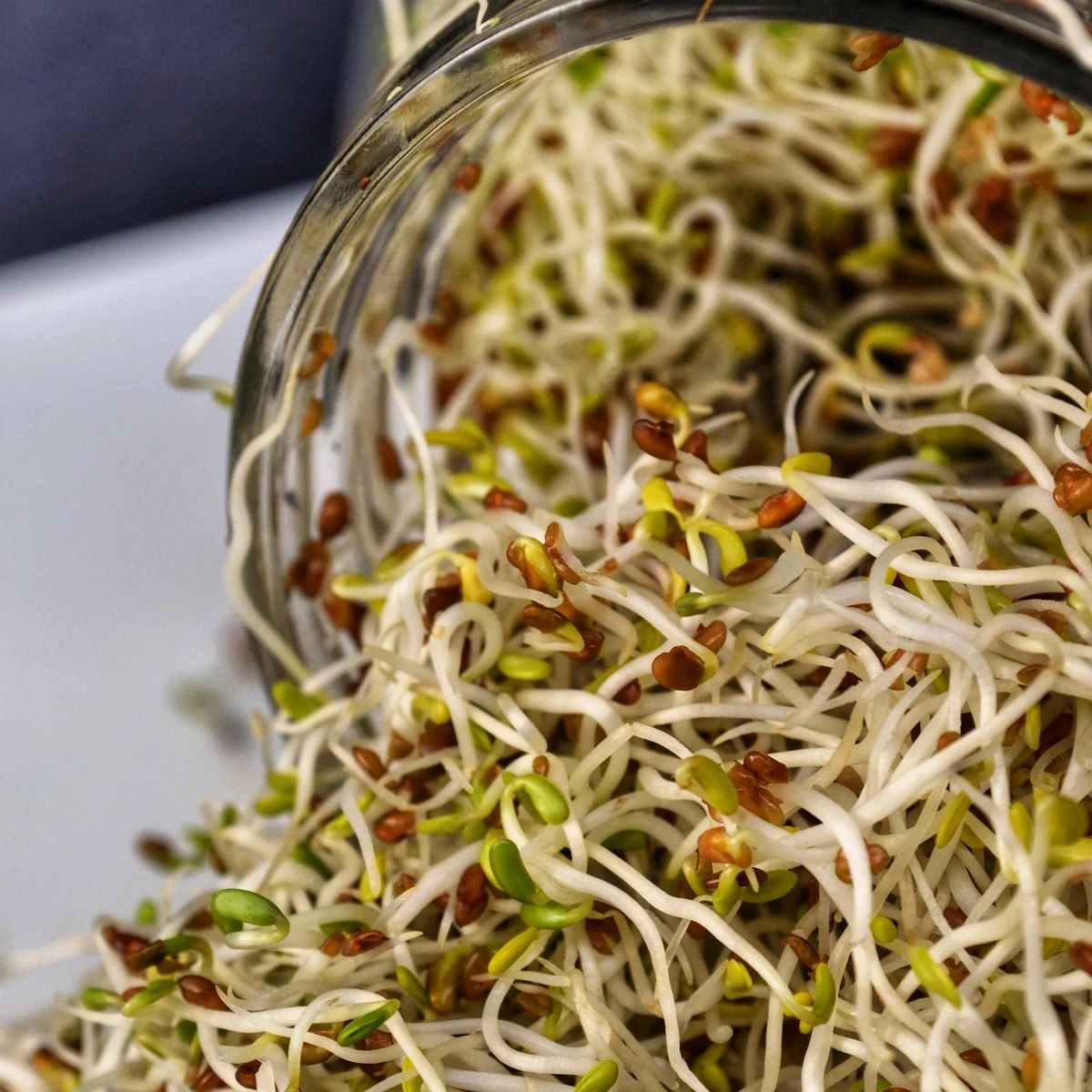

Articles
How To Store Sprouts After Sprouting
Modified: December 7, 2023
Learn the best way to store your sprouts after sprouting in this informative article. Discover tips and tricks for keeping them fresh and delicious for longer.
(Many of the links in this article redirect to a specific reviewed product. Your purchase of these products through affiliate links helps to generate commission for Storables.com, at no extra cost. Learn more)
Introduction
When it comes to sprouts, freshness is the key to enjoying their delicious and nutritious qualities. Sprouts are packed with essential vitamins, minerals, and enzymes, making them a popular addition to salads, sandwiches, and stir-fries. However, once sprouts have been harvested, proper storage is vital to maintain their crispness and flavor.
In this article, we will explore the importance of storing sprouts after sprouting and provide you with some valuable guidelines to ensure their freshness is preserved. Whether you have homegrown sprouts or purchased them from a grocery store, the right storage techniques will help you make the most of their taste and nutritional benefits.
Key Takeaways:
- Proper storage is crucial for maintaining the freshness, taste, and nutritional value of sprouts. Follow specific guidelines for each type and utilize airtight containers or bags lined with paper towels in the refrigerator to ensure their safety and longevity.
- Extend the shelf life of sprouts by blanching and freezing them, handling them with care, and avoiding cross-contamination. Regularly check for signs of spoilage and discard any sprouts that appear off or have a foul odor to ensure their freshness and safety.
Read more: How To Store Sprouts
Why is Proper Storage Important for Sprouts?
Proper storage plays a crucial role in maintaining the quality and safety of sprouts. Here are a few reasons why it is important to store sprouts correctly:
- Preserve Freshness: Sprouts are delicate and prone to spoilage if not stored properly. By following the correct storage techniques, you can help preserve their freshness and ensure that they retain their crisp texture and vibrant flavor.
- Extend Shelf Life: While sprouts have a relatively short shelf life compared to other vegetables, proper storage can help extend their freshness. By implementing the right methods, you can enjoy your sprouts for a longer period, reducing waste and maximizing value.
- Minimize Bacterial Growth: Sprouts have gained a reputation for being a potential source of foodborne illnesses due to their warm and moist-growing conditions. Proper storage can inhibit bacterial growth, minimizing the risk of contamination and keeping you safe from foodborne diseases.
- Retain Nutritional Value: Sprouts are known for their rich nutrient content, including vitamins, minerals, and antioxidants. By storing them correctly, you can help retain their nutritional value, ensuring that you receive the maximum benefits from consuming them.
By understanding the importance of proper storage, you can ensure that your sprouts stay fresh, safe, and nutritious. Let’s now explore some general guidelines for storing sprouts.
General Guidelines for Storing Sprouts
Follow these general guidelines to store sprouts properly:
- Sort and Rinse: Before storing sprouts, remove any damaged or wilted ones. Rinse them thoroughly under cold running water to remove any dirt or debris.
- Dry Thoroughly: After rinsing, use a salad spinner or pat the sprouts dry with a clean kitchen towel. Excess moisture can lead to premature spoilage, so make sure the sprouts are completely dry before storing.
- Use Airtight Containers: Transfer the sprouts to a clean, airtight container lined with paper towels. This helps absorb any residual moisture and prevents the sprouts from becoming slimy or developing mold.
- Store in the Refrigerator: The refrigerator is the best place to store sprouts as it helps maintain their freshness and slows down the growth of bacteria. Place the container in the refrigerator’s vegetable crisper, where the temperature is slightly cooler.
- Avoid Crushing: Be gentle when handling sprouts to prevent crushing or damaging them. This can cause bruising and accelerate spoilage.
- Label and Date: To keep track of their freshness, label the container with the type of sprouts and date of storage. This will help you identify the sprouts and use them before they exceed their storage duration.
Following these general guidelines will help ensure that your sprouts stay fresh and delicious for as long as possible. However, it’s important to note that the specific storage requirements may vary depending on the type of sprout.
Let’s now explore how to store sprouts in the refrigerator, one of the most common methods of sprout storage.
Storing Sprouts in the Refrigerator
The refrigerator is an ideal place to store sprouts as the cold temperature helps maintain their freshness and slows down bacterial growth. Here’s how you can store sprouts in the refrigerator:
- Prepare the Sprouts: Sort through the sprouts and remove any damaged or wilted ones. Rinse them thoroughly under cold running water to remove dirt and debris. Dry them gently using a salad spinner or kitchen towel.
- Airtight Container: Transfer the sprouts to a clean, airtight container lined with paper towels. Place a layer of sprouts at a time and top it with another layer of paper towels. This helps absorb excess moisture and keeps the sprouts fresh.
- Refrigerator Placement: Put the container with the sprouts in the vegetable crisper section of your refrigerator. The temperature in this drawer is slightly cooler and more humid, which helps maintain the sprouts’ freshness.
- Storage Duration: Different types of sprouts have varying storage durations. In general, most sprouts can be stored in the refrigerator for up to 5-7 days. However, it is always best to refer to the specific sprout’s guidelines and use them before they exceed their storage duration.
Remember to handle the sprouts gently to avoid crushing or damaging them. Whenever you’re ready to use the sprouts, take out the desired amount from the container and reseal it promptly. This minimizes exposure to air and prolongs the sprouts’ freshness.
If you have an excess amount of sprouts and want to extend their shelf life even further, freezing them can be a viable option. Let’s explore how to store sprouts in the freezer.
After sprouting, store the sprouts in a clean, airtight container in the refrigerator. Line the container with a paper towel to absorb any excess moisture and change it every few days to keep the sprouts fresh for up to a week.
Storing Sprouts in the Freezer
Freezing sprouts is an excellent way to extend their shelf life and enjoy their freshness even longer. Here’s how you can store sprouts in the freezer:
- Prepare the Sprouts: Sort through the sprouts, removing any damaged or wilted ones. Rinse them thoroughly under cold running water to remove dirt and debris. Dry them gently using a salad spinner or kitchen towel.
- Blanching: Blanching the sprouts before freezing helps preserve their texture and color. Heat a pot of water to boiling and prepare a separate bowl of ice water. Drop the sprouts into the boiling water and blanch them for about 1-2 minutes. Quickly remove them from the boiling water and transfer them to the ice water bath to cool down and stop the cooking process.
- Drain and Dry: After blanching, drain the sprouts and dry them thoroughly. Use a kitchen towel or paper towel to remove any excess moisture.
- Freezer Bags or Containers: Place the blanched and dried sprouts into freezer-safe bags or airtight containers. Remove as much air as possible from the bags before sealing them tightly. If using containers, leave some headspace to allow for expansion during freezing.
- Label and Date: Label the bags or containers with the type of sprouts and the date of freezing. This will help you keep track of their freshness and use them in a timely manner.
- Freezer Placement: Put the bags or containers in the freezer, making sure to place them in an area where they won’t be crushed or damaged. Lay them flat to allow for easy stacking and organization.
- Storage Duration: When stored properly in the freezer, sprouts can maintain their quality for up to 6 months. However, it’s best to consume them within the first 3 months for the best taste and texture.
When you’re ready to use the frozen sprouts, there is no need to thaw them. Add them directly to your desired dish during cooking, and they will defrost quickly. Freezing sprouts can slightly alter their texture, so it’s best to use them in recipes that involve cooking rather than raw consumption.
Now that you know how to store sprouts in the freezer, let’s explore some additional tips for extending the shelf life of sprouts.
Read more: How To Store Sprouted Lentils
Tips for Extending the Shelf Life of Sprouts
Following these tips can help you extend the shelf life of your sprouts and ensure they stay fresh and delicious:
- Buy Fresh Sprouts: Start with fresh, high-quality sprouts. Look for ones that are crisp, vibrant in color, and have a mild, fresh scent.
- Grow Your Own Sprouts: Consider growing your own sprouts at home. This way, you can harvest them as needed, ensuring maximum freshness.
- Store in the Right Temperature: Keep sprouts at the proper temperature for storage. Refrigerate them at temperatures between 35°F (1.6°C) and 40°F (4.4°C) to maintain their freshness.
- Handle with Care: Avoid rough handling of sprouts to prevent bruising and damage. Gentle handling helps maintain their texture and appearance.
- Avoid Cross-Contamination: Keep sprouts away from raw meat, poultry, seafood, and other potential sources of contamination. Store them in separate compartments or containers to prevent cross-contamination.
- Check for Spoilage: Regularly inspect your sprouts for any signs of spoilage, such as discoloration, foul odor, or sliminess. Discard any sprouts that appear spoiled.
- Refresh the Water: If you’re storing sprouts in water, change the water daily to keep them fresh. This helps prevent the buildup of bacteria and maintains their crunchiness.
- Use a Ziplock Bag: If you don’t have an airtight container, place sprouts in a ziplock bag, remove excess air, and seal it tightly. This can help maintain their freshness.
- Don’t Wash Until Ready to Use: If you’re storing sprouts in the refrigerator, avoid washing them until you’re ready to use them. Washing in advance can introduce moisture and shorten their shelf life.
- Rotate Stock: Use the FIFO (first in, first out) method to ensure you use the oldest sprouts first. This helps prevent any sprouts from sitting in storage for too long.
By following these tips, you can significantly extend the shelf life of sprouts and enjoy their freshness for longer periods.
Now, let’s address some frequently asked questions about storing sprouts.
Frequently Asked Questions about Storing Sprouts
Here are answers to some commonly asked questions about storing sprouts:
- Can I store sprouts at room temperature?
- Is it necessary to blanch sprouts before freezing?
- How long can sprouts be frozen?
- Can I freeze sprouts directly from the package?
- How can I tell if sprouts have gone bad?
- Can I store sprouts in water?
- Can I store different sprouts together?
- Should I wash sprouts before storing them?
It is not recommended to store sprouts at room temperature as they can spoil quickly due to the warm and moist environment. Refrigeration is the best method to maintain their freshness and extend their shelf life.
Blanching sprouts before freezing is not necessary, but it helps preserve their texture and color. Blanching also helps to deactivate enzymes that can cause sprouts to continue growing and losing their quality in the freezer.
Sprouts can be frozen for up to 6 months. However, for the best taste and texture, it is recommended to consume them within the first 3 months.
It is best to rinse and dry the sprouts before freezing them. This helps remove dirt, debris, and excess moisture that can affect their quality during freezing.
Spoiled sprouts may have a slimy texture, discoloration, or a foul odor. If you notice any of these signs, it is best to discard them.
While some sprouts can be stored in water, it is generally not recommended as it can introduce moisture and promote bacterial growth. It is best to use airtight containers or bags lined with paper towels for optimal storage.
While you can store different types of sprouts together, it is advisable to separate them in individual containers or bags. This helps prevent cross-contamination and maintains the flavor and quality of each sprout variety.
It is recommended to wash sprouts only before using them, not before storing. Washing in advance can introduce moisture, which can shorten their shelf life.
These answers should help address some common concerns and queries about storing sprouts. By following the guidelines and tips mentioned earlier, you can ensure that your sprouts stay fresh and delicious for as long as possible.
Let’s now conclude our article.
Conclusion
Proper storage is essential for maintaining the freshness, taste, and nutritional value of sprouts. Whether you have homegrown sprouts or store-bought ones, following the correct storage techniques will help you maximize their shelf life and enjoy them to the fullest.
By sorting, rinsing, and drying the sprouts before storage, you can remove any damaged or wilted ones and prevent moisture buildup. Utilizing airtight containers or bags lined with paper towels in the refrigerator helps maintain their crispness and prevents spoilage. Blanching and freezing sprouts is an excellent option for extending their shelf life, while careful handling and avoiding cross-contamination are important to ensure their safety.
Remember to follow specific guidelines for each type of sprout as storage durations may vary. Regularly check for any signs of spoilage and discard any sprouts that appear off or have a foul odor.
By implementing these practices and using the tips provided, you can ensure that your sprouts stay fresh, nutritious, and delicious for as long as possible. Whether you enjoy them in salads, sandwiches, or stir-fries, properly stored sprouts will enhance your meals and contribute to your overall well-being.
So, make the most of your sprouts by storing them properly and savoring their exceptional flavors and health benefits!
Frequently Asked Questions about How To Store Sprouts After Sprouting
Was this page helpful?
At Storables.com, we guarantee accurate and reliable information. Our content, validated by Expert Board Contributors, is crafted following stringent Editorial Policies. We're committed to providing you with well-researched, expert-backed insights for all your informational needs.
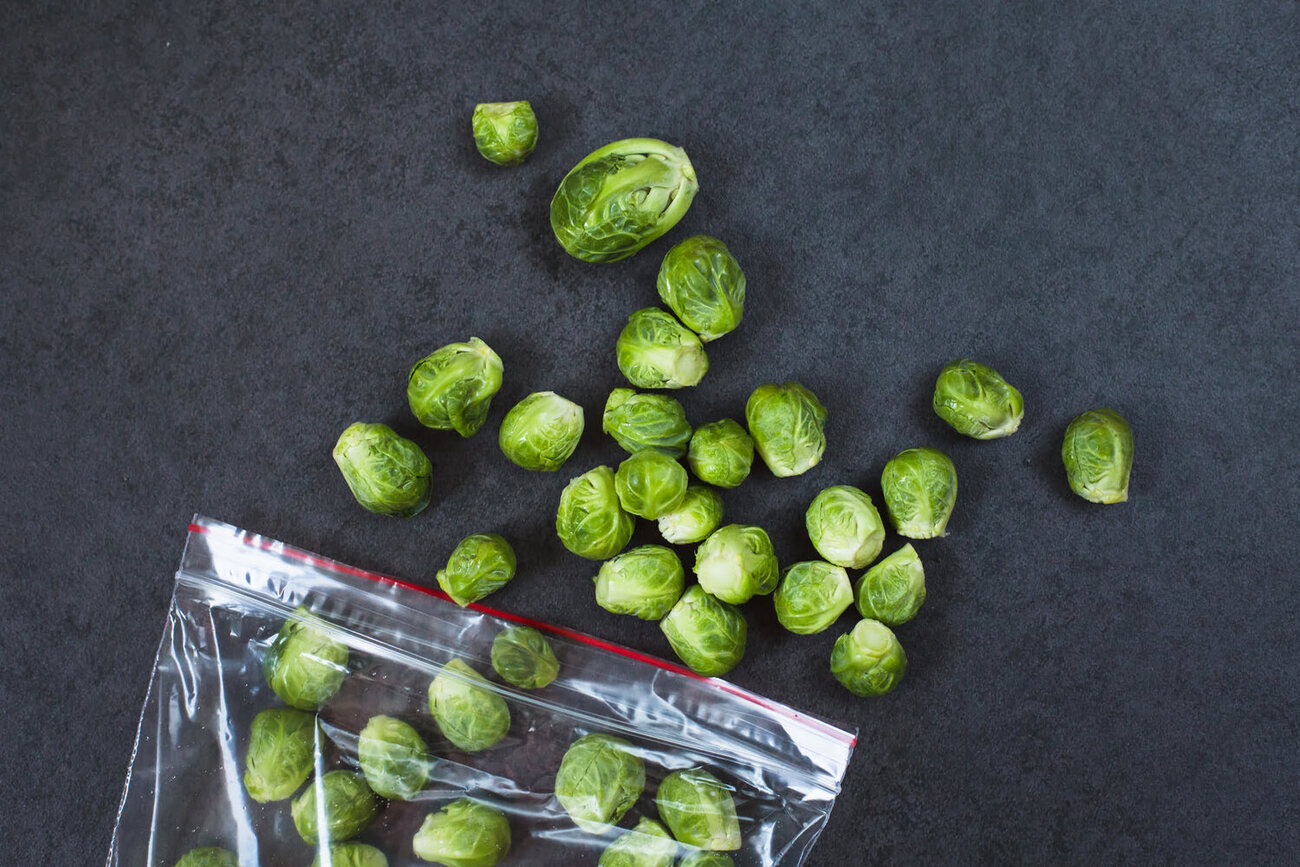
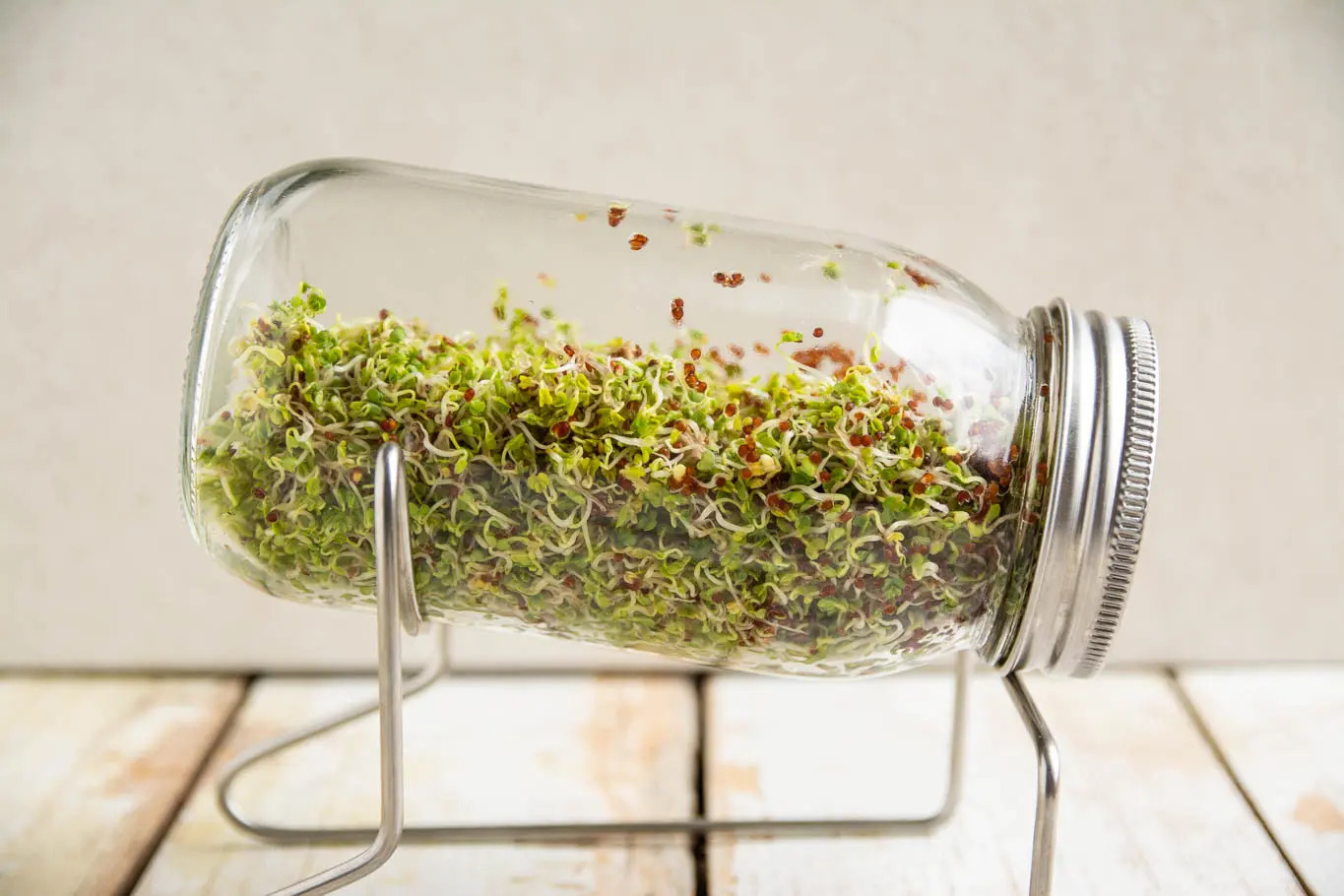

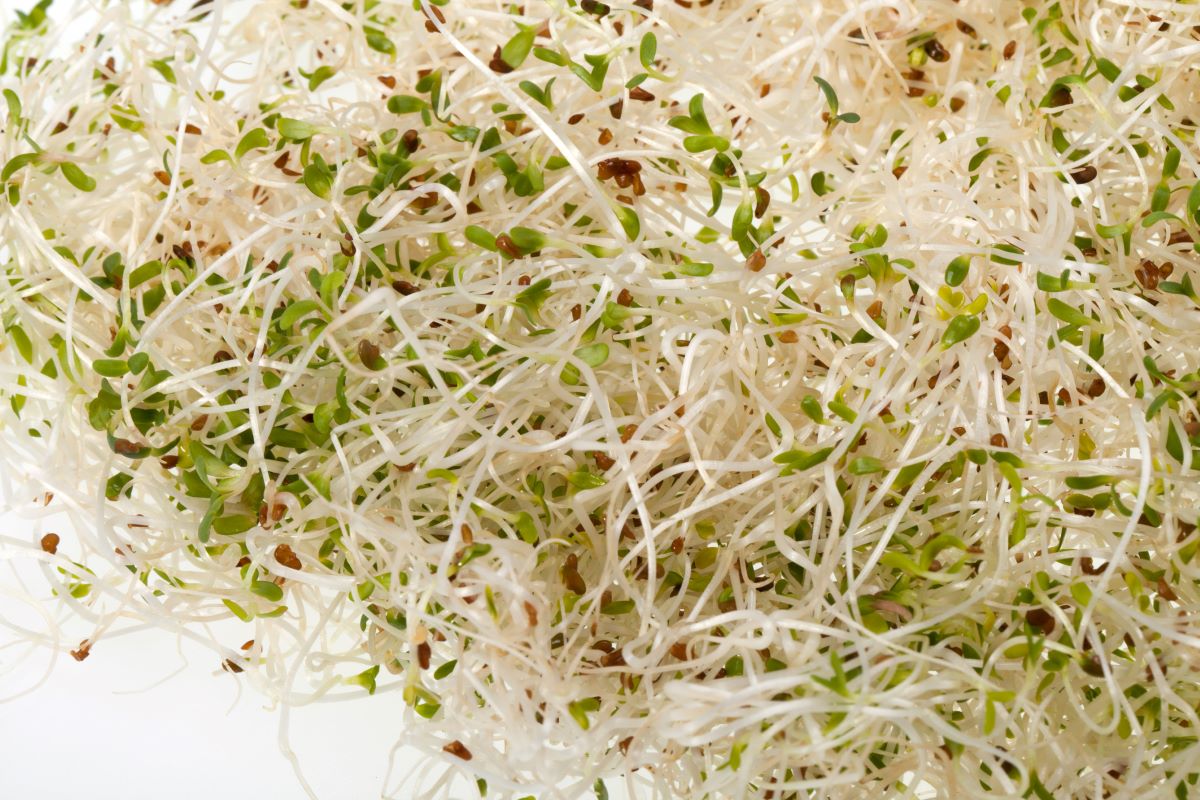
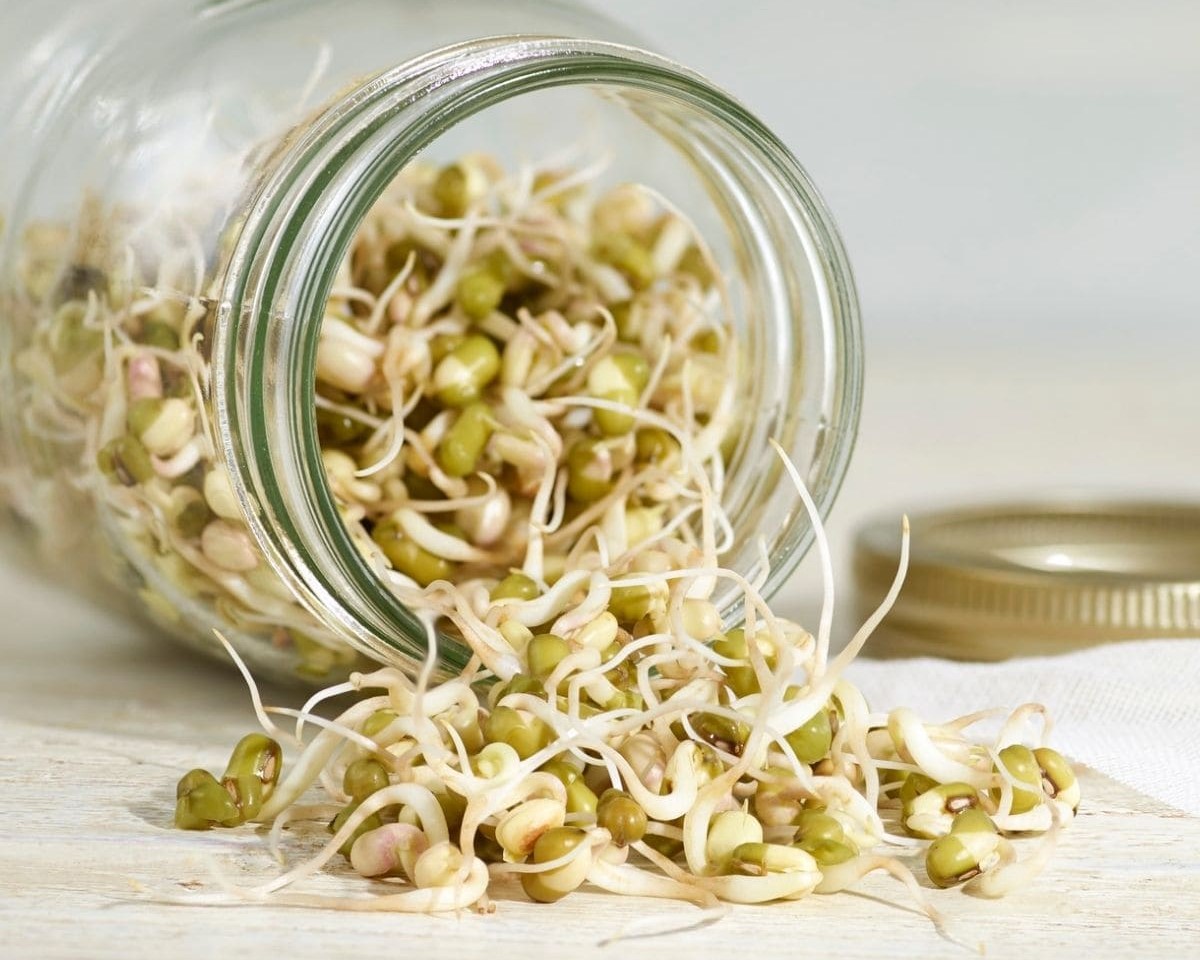
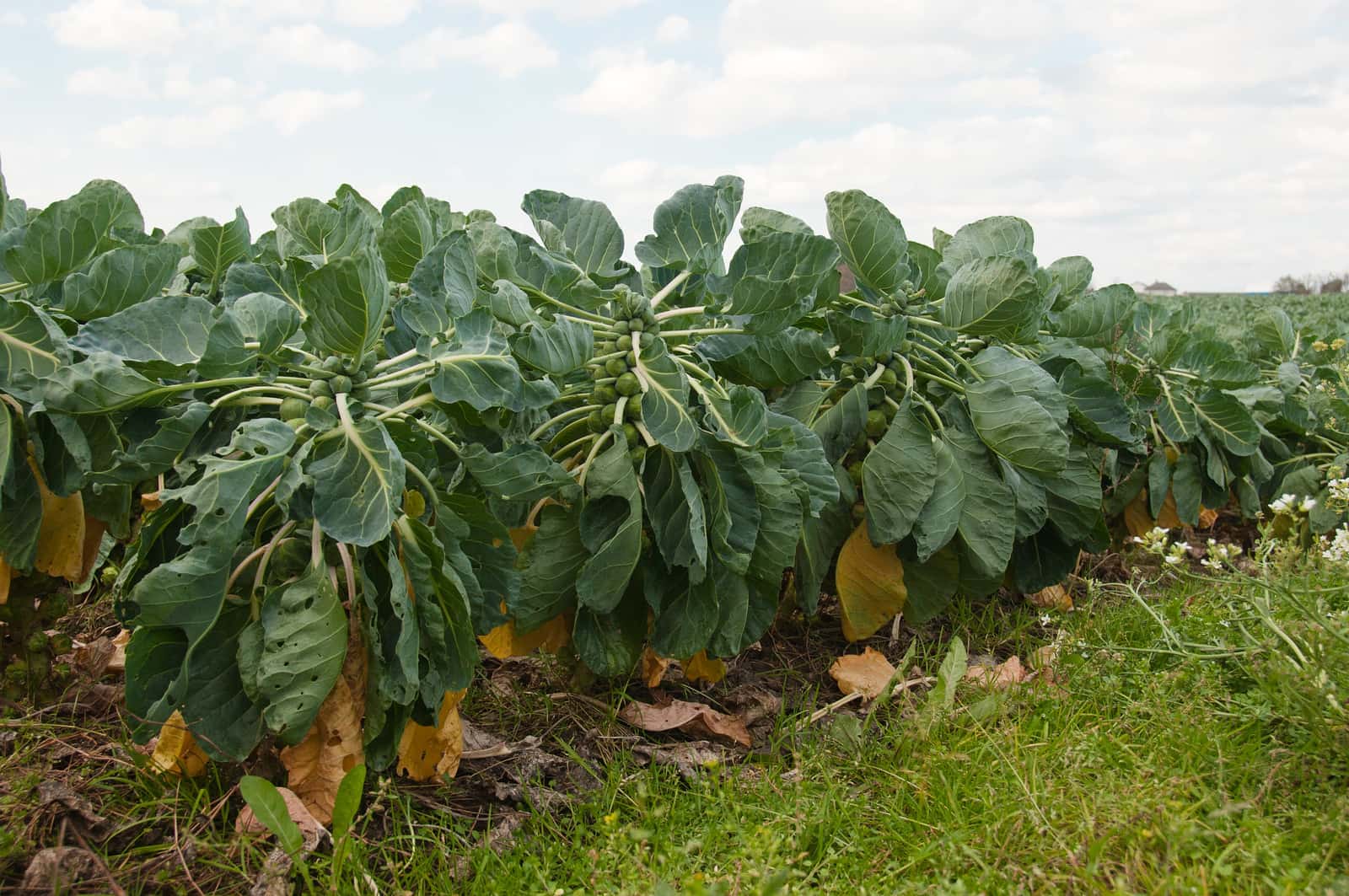
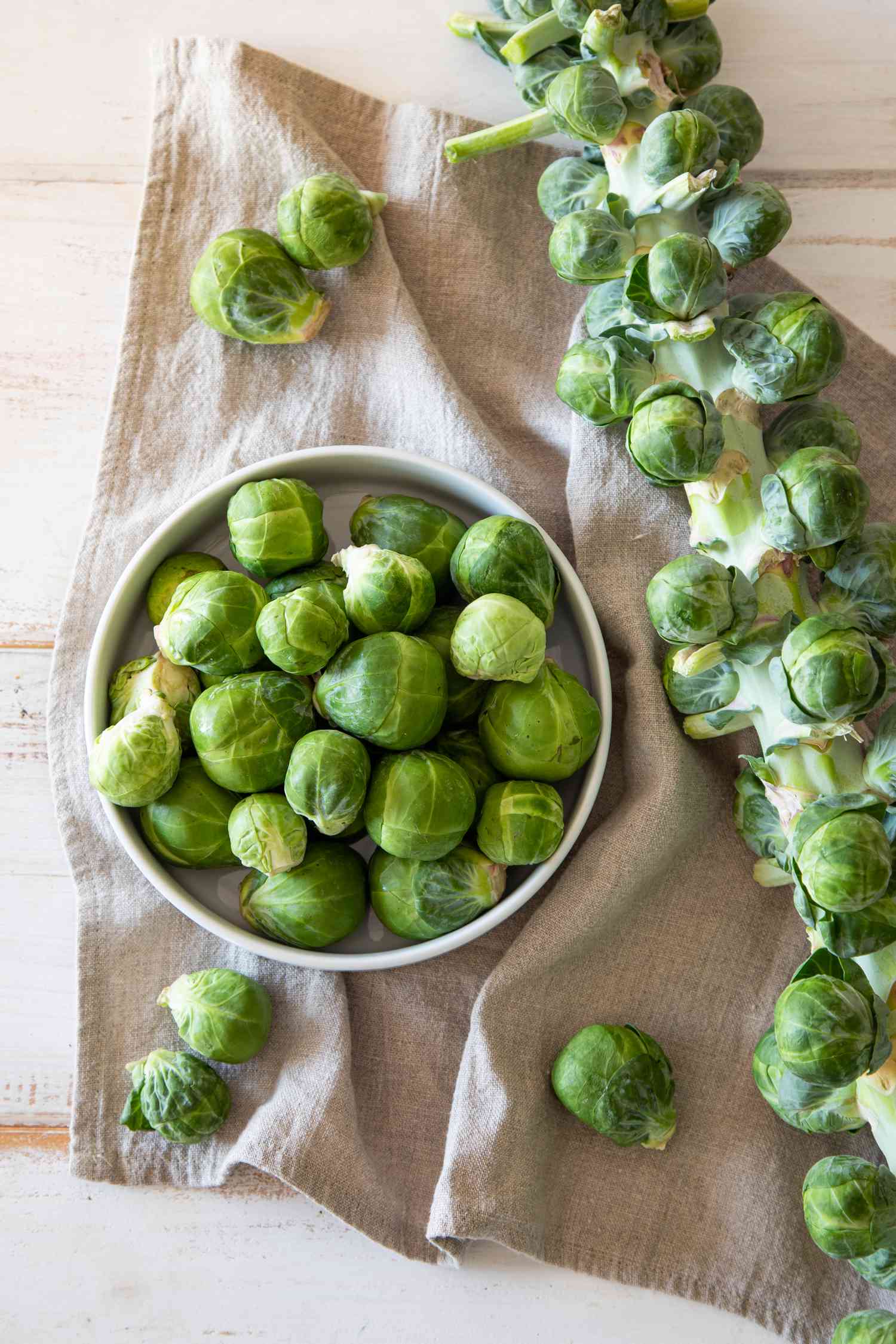
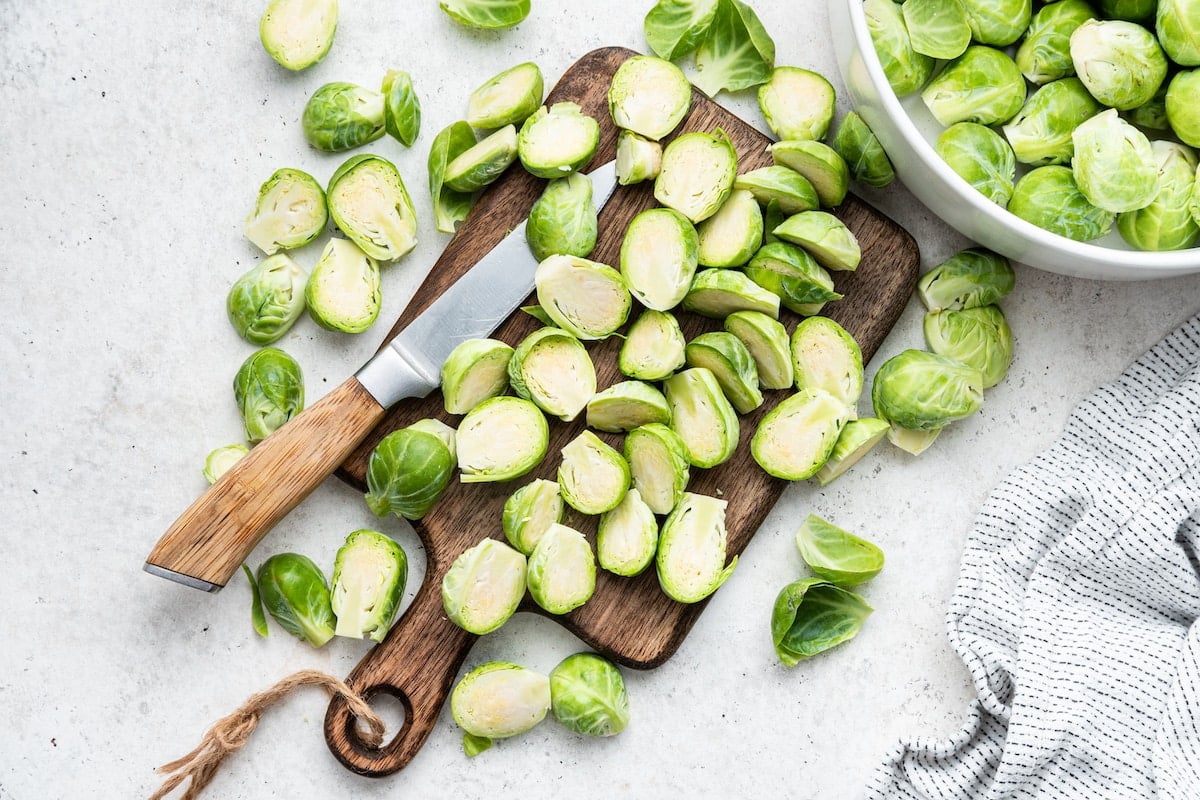
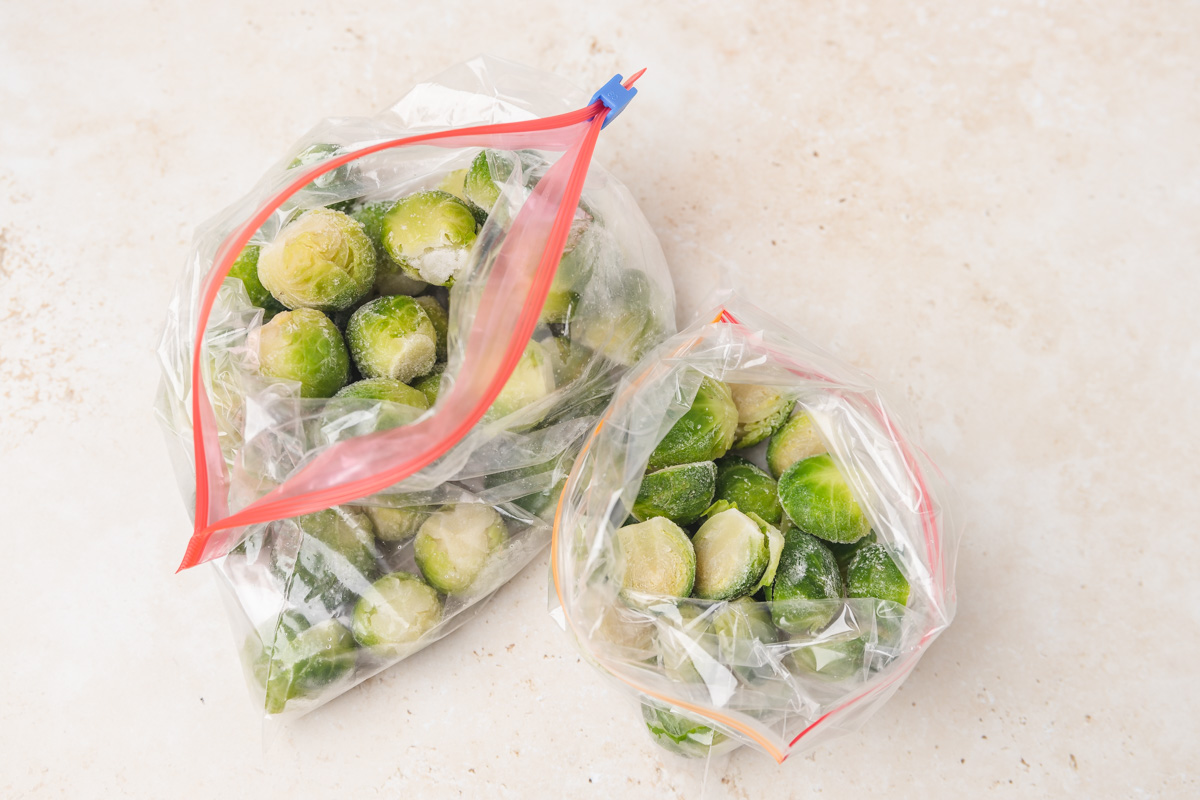
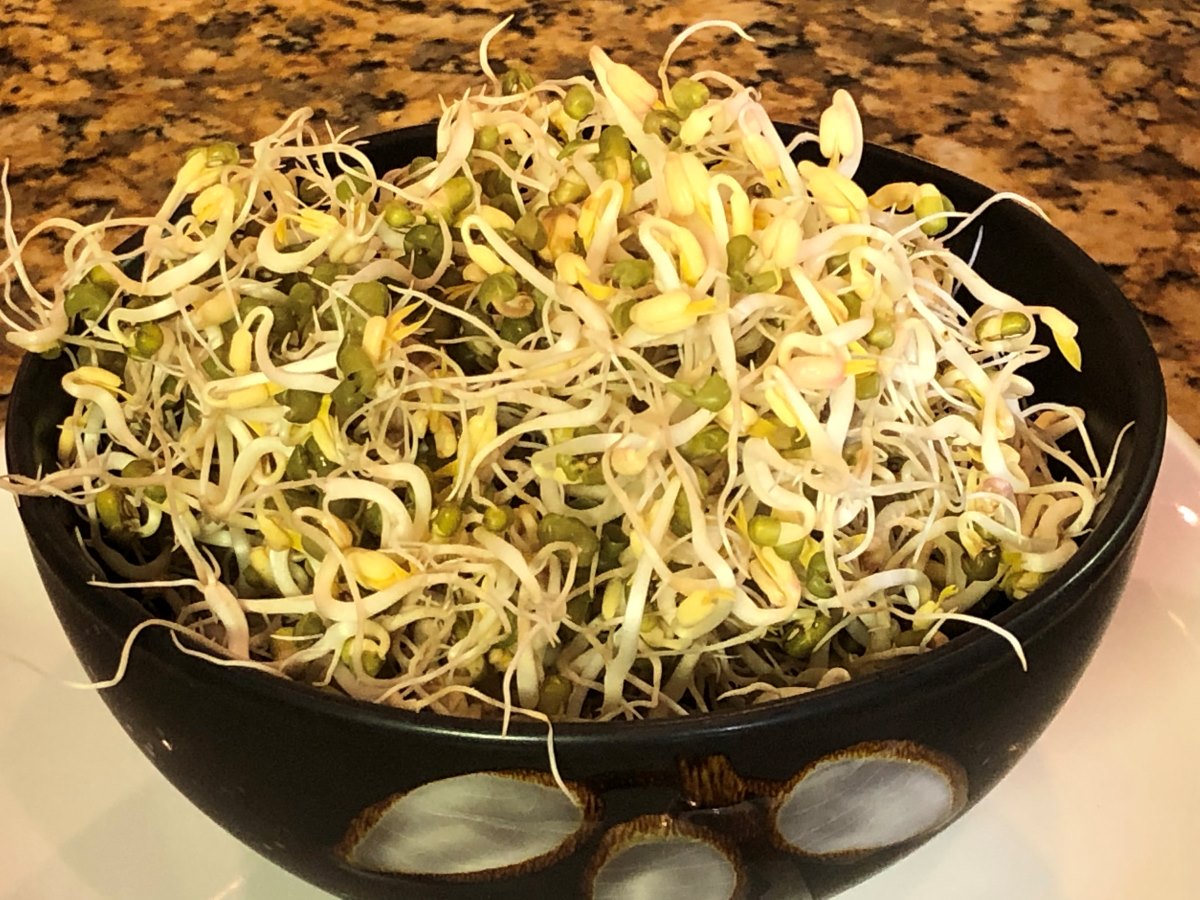
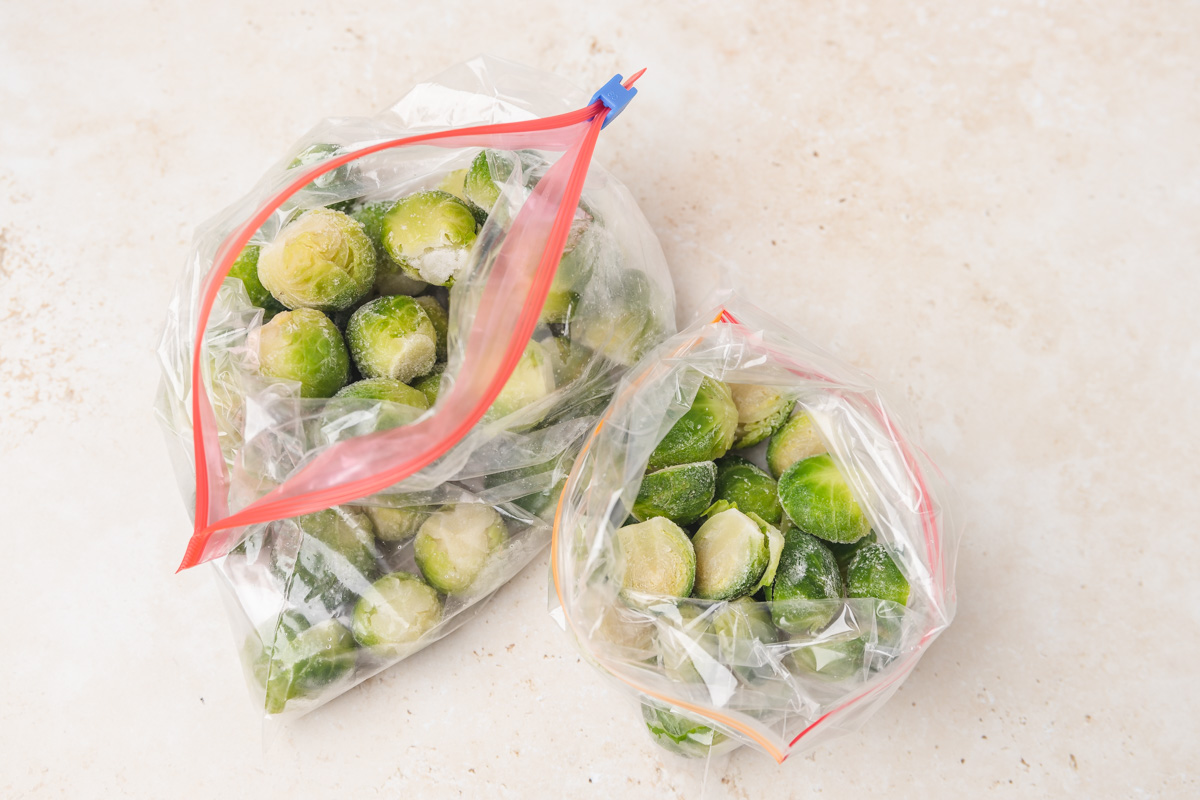
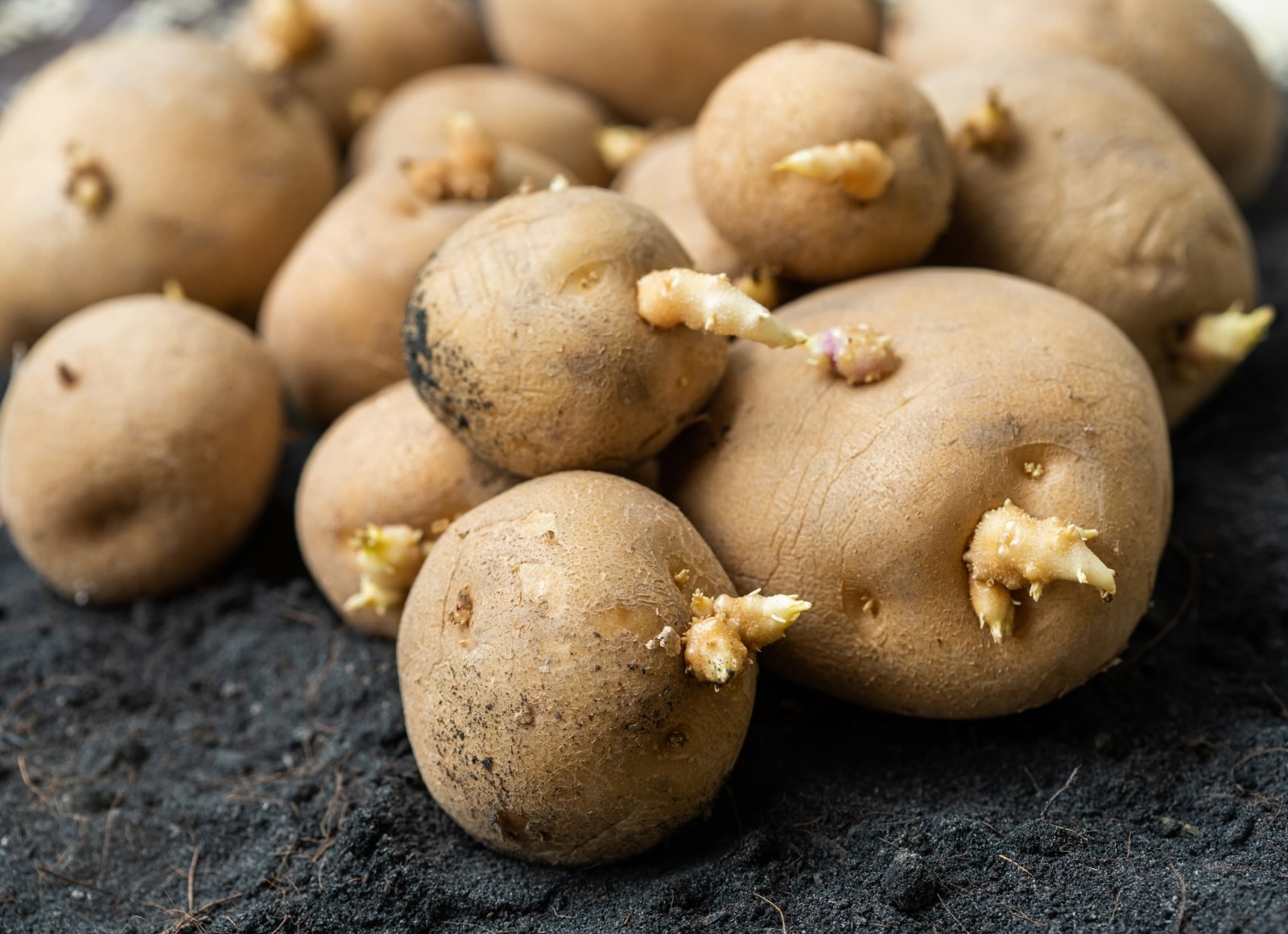
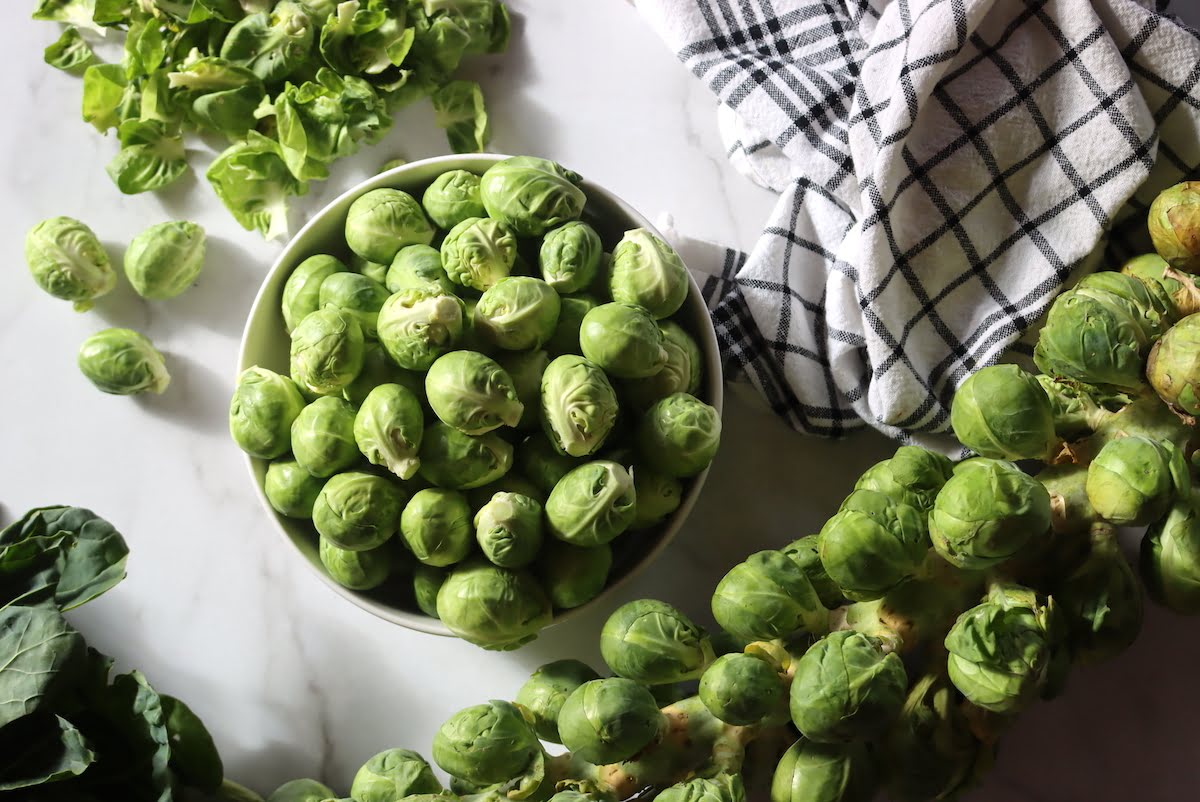


0 thoughts on “How To Store Sprouts After Sprouting”